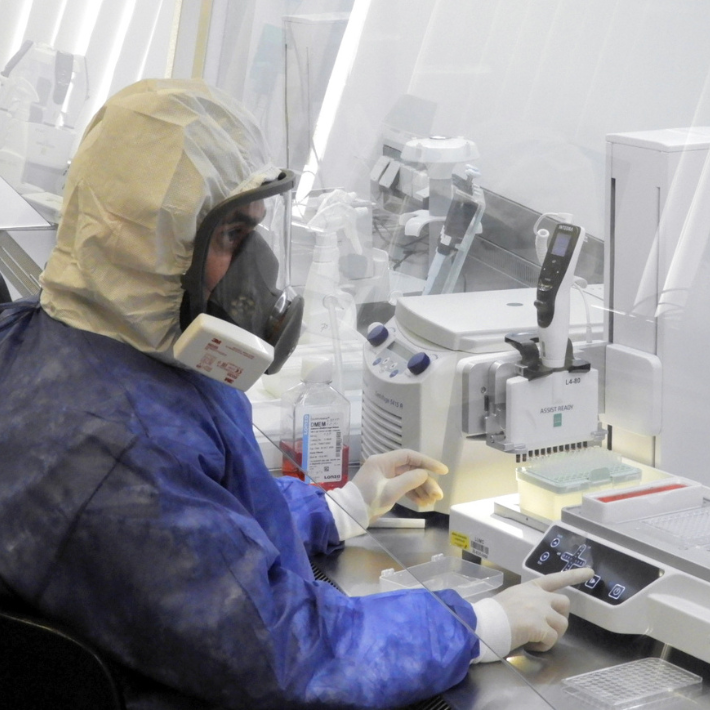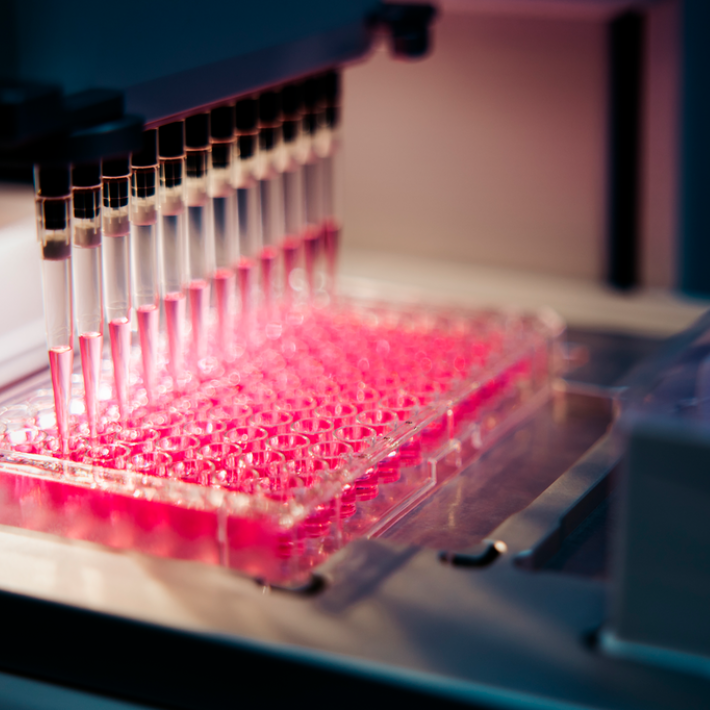EU consortium launches: How Europe is preparing for pandemics
Photo credit: PANVIPREP
&width=710&height=710)
Professor Eric Snijder, professor of virology at the LUMC: “This project is a follow-up to the approach to the corona pandemic. Europe wants to prepare better for the next pandemic. If we develop antiviral drugs now, we can use them against future viral infections.”
No vaccine
The production of a vaccine easily takes 9 to 12 months. Snijder: “You cannot put a vaccine on the shelf in advance. What is possible is to develop and stockpile antiviral drugs with the broadest possible spectrum of activity. The difference between vaccines and virus inhibitors is in the way the virus is combated. Snijder: “Vaccines mainly focus on the outside of a virus, which can change quickly and easily, making the vaccine less effective. Antiviral drugs target other components of a virus, which means they remain useful for longer and can be used more broadly against multiple viruses from the same family.”
Five virus families
The PANVIREP consortium includes 14 European partners with knowledge of virology, protein chemistry, medicinal chemistry, pharmacology and the use of AI technology. They will focus on five major virus families that organizations such as the WHO predict could cause a pandemic: alphaviruses, coronaviruses, enteroviruses, flaviviruses and paramyxo/pneumoviruses.
“We cannot predict exactly when a pandemic will strike,” Snijder explains, “but the threat always exists and is increasing. Urbanization, globalization, and climate change can cause virus outbreaks to get out of control more quickly. The consequences extend beyond our public health. A pandemic also threatens our economy and, for example, our confidence in the government. That is why we must take steps now to be better prepared in the future.”
A great start
The consortium is financed from the EU innovation program Horizon Europe and is coordinated by the LUMC. Snijder: “The LUMC research already contributes to pandemic preparedness in many ways, but the development of antiviral drugs requires commitment and investments in the medium term. The fact that we can now join forces again within Europe is a great start.”
&width=710&height=710)
&width=710&height=710)